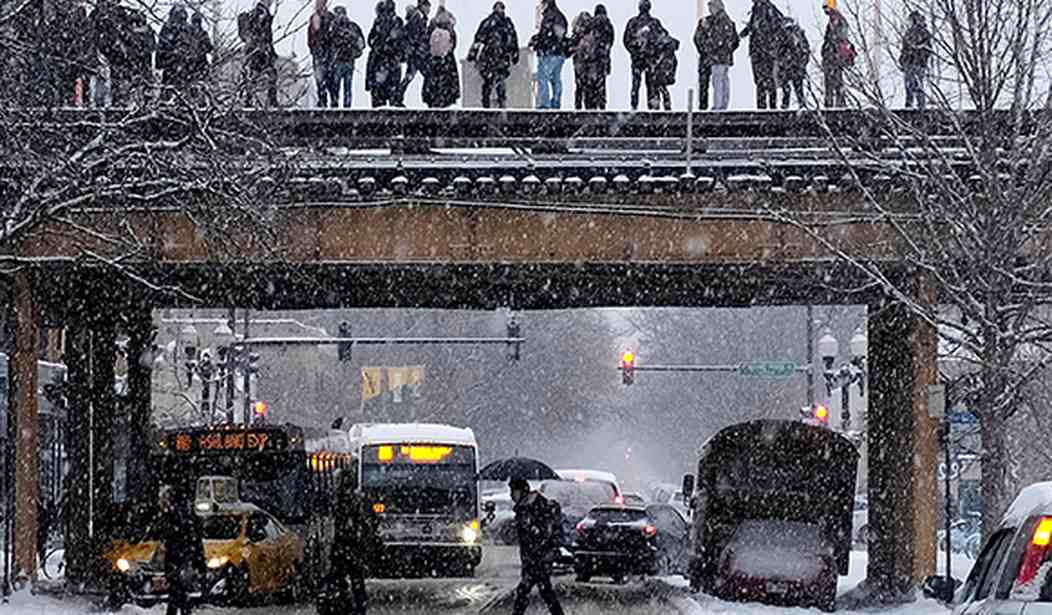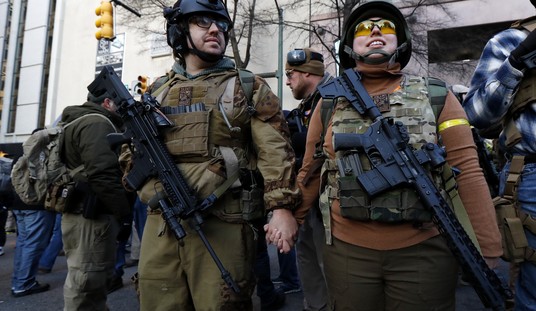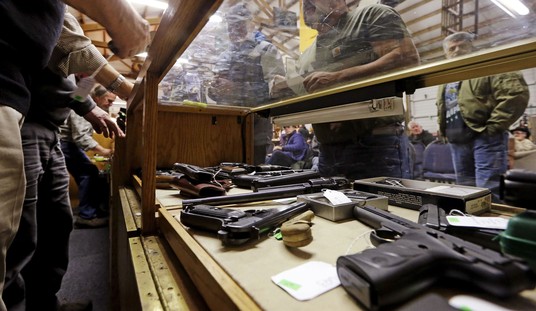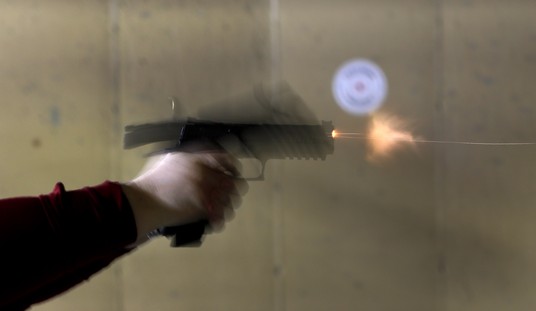Most criminal acts are crimes of opportunity, and there are greater opportunities when there are unarmed victims. Criminals in Chicago appear to be learning that lesson, as we’ve seen a number of recent robberies and carjackings that appear to be targeting victims in gun-free zones.
In one case, police report that a suspect is going after women who are waiting at bus stops. There were at least two armed robberies this week allegedly committed by the same suspect.
In each incident a man, driving a late model black Jeep Cherokee SUV, pulled up alongside a woman waiting for public transportation, showed a handgun and demanded her belongings, Chicago police said.
The man then took the women’s personal property and fled inside the Jeep Cherokee, police said.
In another recent case, police say a number of offenders are robbing riders of the city’s train system.
In the robberies, a group of one to six men, approach a person at or near the Red Line station on 63rd Street and take their property before leaving the scene, Chicago police said.
The first robbery happened about 3 p.m. Jan. 12 in the 6300 block of South Wentworth Avenue, police said.
Days later, a person was robbed about 1:15 p.m. in the 200 block of West 63rd Street, police said. On Feb. 12, another person was also robbed in the same location.
Robbers have also struck at other stations in the city’s CTA system over the past month, and why not? Even if you have a concealed carry license in Illinois, you’re not allowed under state law to bring your gun onto public transportation, which means that the odds of encountering an armed citizen at a bus stop or outside of train station are incredibly low. If criminals are looking for an easy target, Illinois’ decision to make public transportation a gun-free zone has given them plenty of potential victims to choose from.
Then there are those gun-free zones established by private companies like Uber and Lyft, which prohibit contractors from having a gun in their own vehicle while they’re on the clock. Carry a gun in violation of company policy, as a Lyft driver in Cleveland did recently, and you can be cut loose from the company, even if you were were forced to use your gun in self-defense.
I don’t think it’s a coincidence that robberies and carjackings of rideshare drivers have become increasingly common in many cities, including Chicago, where an 18-year old was arrested this week for an attempted carjacking.
Allen Brown allegedly choked a 35-year-old ride-share driver while trying to steal his vehicle about 9:10 p.m. Wednesday in the 3500 block of South Cottage Grove Avenue, Chicago police said.
Brown, 18, attempted to leave the scene but was taken into custody shortly after the incident, police said.
Brown is due in court today on a misdemeanor charge of battery and a felony count of vehicular hijacking, but given the dysfunctional nature of the criminal justice system in Cook County, it’s highly unlikely that he’ll be given a high bond or kept in custody until his trial.
It will never happen with the current anti-gun majorities in the Illinois legislature (not to mention the state’s anti-gun governor), but the state needs to repeal its prohibition on lawful concealed carry on public transportation. Not only are criminals targeting unarmed riders, but the law itself has a disproportionate impact on those who must rely on taking the bus or train to get around instead. If you can afford your own car, you can carry your gun with you, but if you have to use public transportation you have to leave your gun in your home, even if you’re licensed to carry.
Just as importantly, the state needs to fix the continued problems and delays in processing Firearm Owner ID applications (which are required in order to legally own a gun in the state) and concealed carry applications. The Illinois State Police, which processes all applications in the state, currently has a months-long backlog, with some applicants waiting since last July for their approval.
A right delayed is a right denied, and the state’s inability or unwillingness to process these applications in the time allotted to them under state law is both unconscionable and unconstitutional; putting lives at risk thanks to the failures of the bureaucracy and the entrenched anti-Second Amendment attitudes in Illinois government.









Join the conversation as a VIP Member